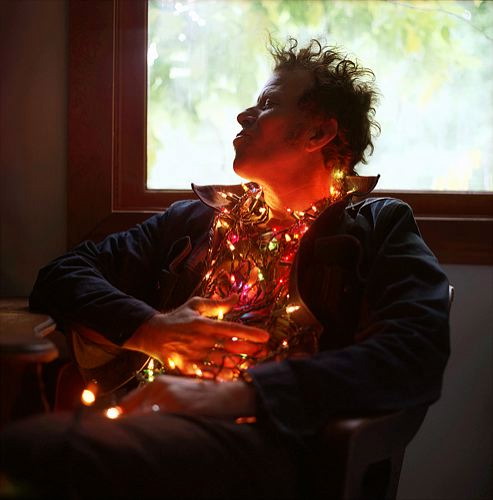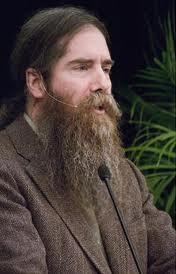
Born in the gritty Navy town of Bremerton, Wash., and raised in the south Seattle suburbs, John Michael Greer began writing as soon as he could hold a pencil. SF editor George Scithers's dictum that all would-be writers have a million words of so of bad prose in them and have to write it out sums up the decades between his first serious attempt to write a book and his first published book, Paths of Wisdom (1996). He lives in Cumberland, Md., with his spouse, Sara; serves as Grand Archdruid of the Ancient Order of Druids in America (AODA), founded in 1912; and writes in half a dozen nonfiction fields, nearly all of them focused on the revival of forgotten ideas, insights and traditions of practice from the rubbish heap of history. Greer's latest book is rather timely: Apocalypse Not: Everything You Know About 2012, Nostradamus, and The Rapture Is Wrong (Viva Editions, 2011).
On your nightstand now:
The first volume of The Decline of the West by Oswald Spengler. You rarely hear of him these days, but Spengler's effort to comprehend the rise and fall of human cultures still has plenty to teach today, and after the lapse of nearly a century, his predictions about our future look much more plausible than those of his many critics.
Favorite book when you were a child:
The Lord of the Rings by J.R.R. Tolkien. I was the kind of teenage Tolkien geek who signed classmates' high school yearbooks in Elvish.
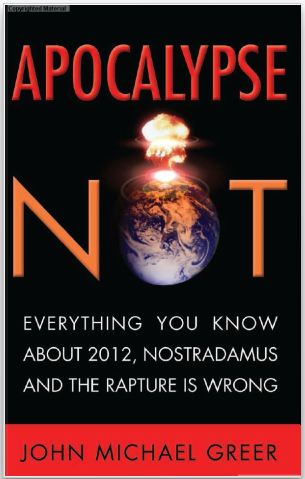 Your top five authors:
Your top five authors:
If I started writing a list, I'd have changed my mind five and a half times before I finished it. Literary quality can't be reduced to a single scale. It's not even a matter of apples and oranges--you'd have to compare apples and orangutans.
Books you've faked reading:
The last three volumes of J.K. Rowling's Harry Potter series. I found the fourth volume interminable and self-indulgent, and couldn't find the enthusiasm to tackle the even heftier volumes that followed it.
Book you're an evangelist for:
The Glass Bead Game by Hermann Hesse. Hesse's work was considered unreadable by most American critics when it first came out in English translation, turned into a huge mass market phenomenon in the 1960s and 1970s, and then got stuffed down our culture's memory hole with the coming of the Reagan years. Yes, it's typical that I'd try to start a revival by praising Hesse's longest and most difficult novel.
Book you've bought for the cover:
Haven't done that since my teen years, when I was a devoted fan of the cheapest of cheap fantasy fiction. Back then, slap a cover on it with some combination of castles, swords and bronze brassieres, and I'd snap it up.
Book that changed your life:
Where the Wasteland Ends by Theodore Roszak. Roszak's thoughtful exploration of alternatives to what C. Wright Mills called the "crackpot realism" of contemporary industrial society played a central role in launching me on my career as an intellectual dumpster diver--and it also introduced me to William Blake's late poetry, which has been a major source of inspiration ever since.
Favorite line from a book:
"In a hole in the ground lived a hobbit." (Anyone who needs to be told the author and title has been living under a rock since 1937.) To this day, that simple declarative sentence opens out for me into a landscape of wonder.
Book you most want to read again for the first time:
That's a difficult one. For me, with books of any quality, the first reading is hard work: there you are in the middle of the jungle, knee deep in a swamp of words, with unseen critters hooting at you from the darkness all around and only the vaguest idea of the trail you're supposed to be following. It's only after you've finished the journey once that you can go back over it again and admire the scenery.
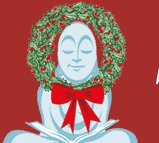 This is our last Shelf Pro issue of the year and--depending on Mayan whims--perhaps the last ever. (Shelf Awareness for Readers will appear next Friday, we hope.) Enjoy the time and the holidays. We wish everyone a happy and prosperous new year!
This is our last Shelf Pro issue of the year and--depending on Mayan whims--perhaps the last ever. (Shelf Awareness for Readers will appear next Friday, we hope.) Enjoy the time and the holidays. We wish everyone a happy and prosperous new year!





IPC.0218.S4.INDIEPRESSMONTHTITLES.gif)



IPC.0211.T4.INDIEPRESSMONTH.gif)
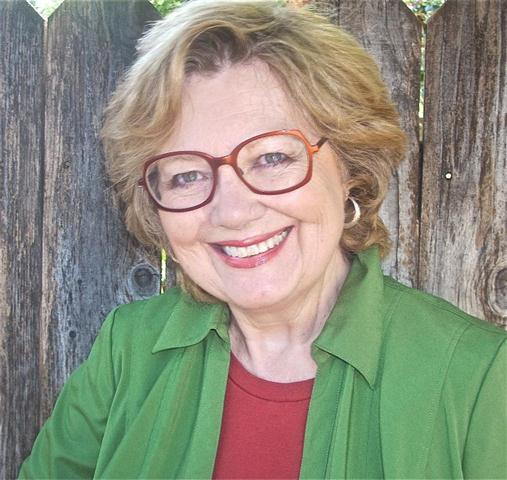 "We're booksellers at an exciting, challenging time--when bookselling and publishing are in the news almost daily and no one is sure what the future bodes. To me it indicates how important books and reading still are--and how meaningful our task!!"
"We're booksellers at an exciting, challenging time--when bookselling and publishing are in the news almost daily and no one is sure what the future bodes. To me it indicates how important books and reading still are--and how meaningful our task!!"
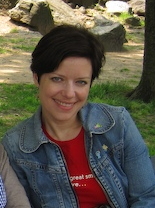
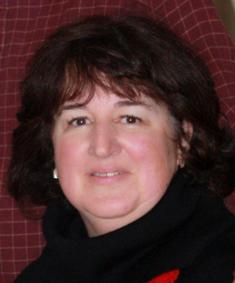
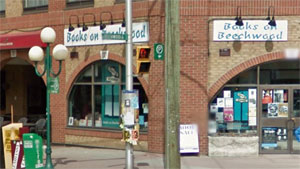 Books on Beechwood
Books on Beechwood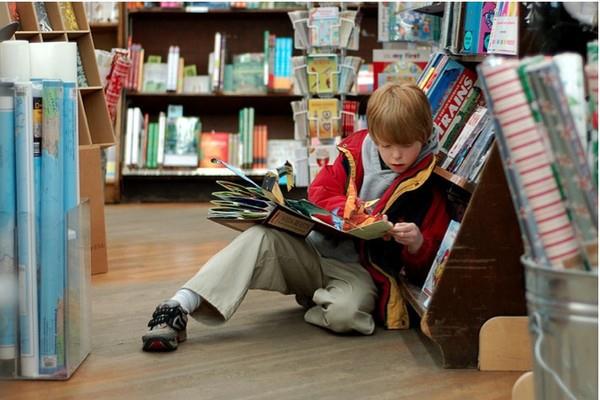 New research by the National Literacy Trust showed that
New research by the National Literacy Trust showed that 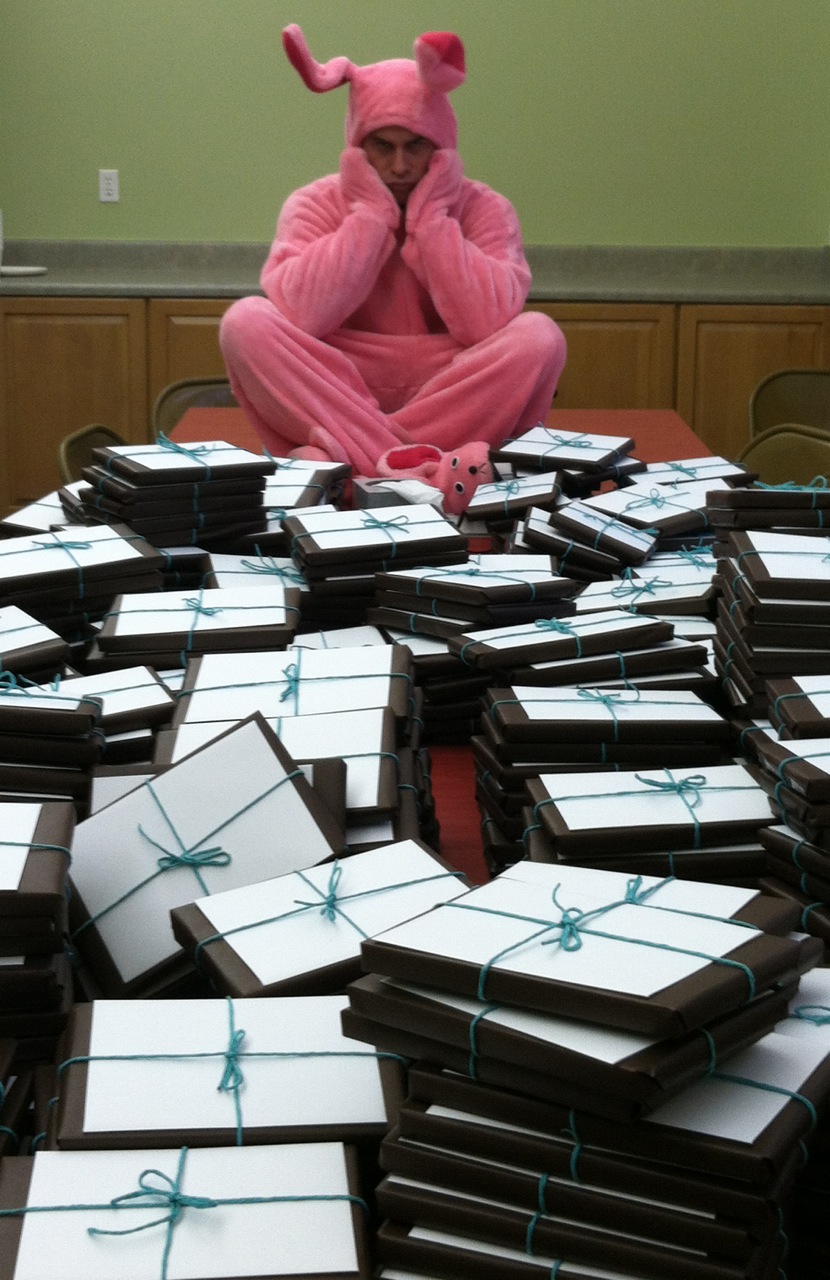 Algonquin staff spent an afternoon recently wrapping 400 secret galleys for booksellers. Algonquin chief marketing elf Craig Popelars, however, was unhappy when his colleagues forced him to wear the pajamas that his Aunt Clara sent him as a Christmas gift. "He looks like a deranged Easter Bunny," commented Algonquin editor Chuck Adams.
Algonquin staff spent an afternoon recently wrapping 400 secret galleys for booksellers. Algonquin chief marketing elf Craig Popelars, however, was unhappy when his colleagues forced him to wear the pajamas that his Aunt Clara sent him as a Christmas gift. "He looks like a deranged Easter Bunny," commented Algonquin editor Chuck Adams.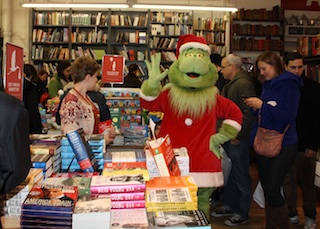
 Dancers Among Us
Dancers Among Us

 Your top five authors:
Your top five authors: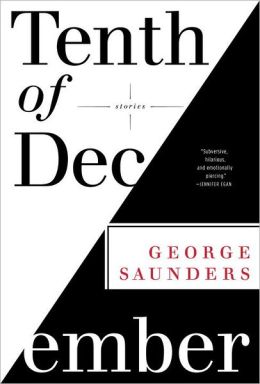 Sometimes our world seems so strange no fiction writer can capture its essential weirdness. Then George Saunders publishes a collection of short stories like Tenth of December and we realize we'll always need writers like him to look obliquely at what we think of as real life and help us grasp it in all its absurd beauty.
Sometimes our world seems so strange no fiction writer can capture its essential weirdness. Then George Saunders publishes a collection of short stories like Tenth of December and we realize we'll always need writers like him to look obliquely at what we think of as real life and help us grasp it in all its absurd beauty.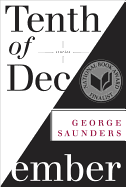
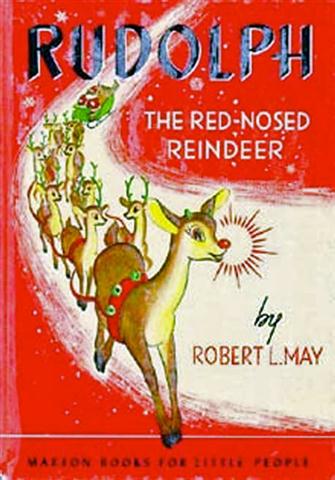 Just call me holiday music Scrooge. I've been thinking about the negative retail implications of merry tunes piping through bookstore sound systems nationwide and possible connections to the impending end of the world (Happy Mayan Apocalypse Day, by the way).
Just call me holiday music Scrooge. I've been thinking about the negative retail implications of merry tunes piping through bookstore sound systems nationwide and possible connections to the impending end of the world (Happy Mayan Apocalypse Day, by the way). 